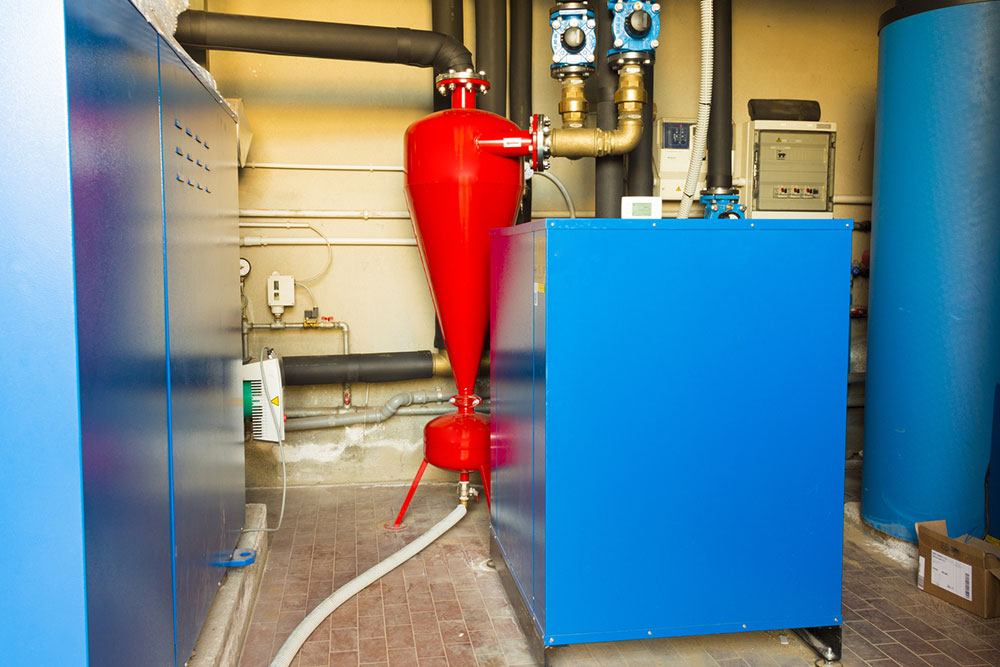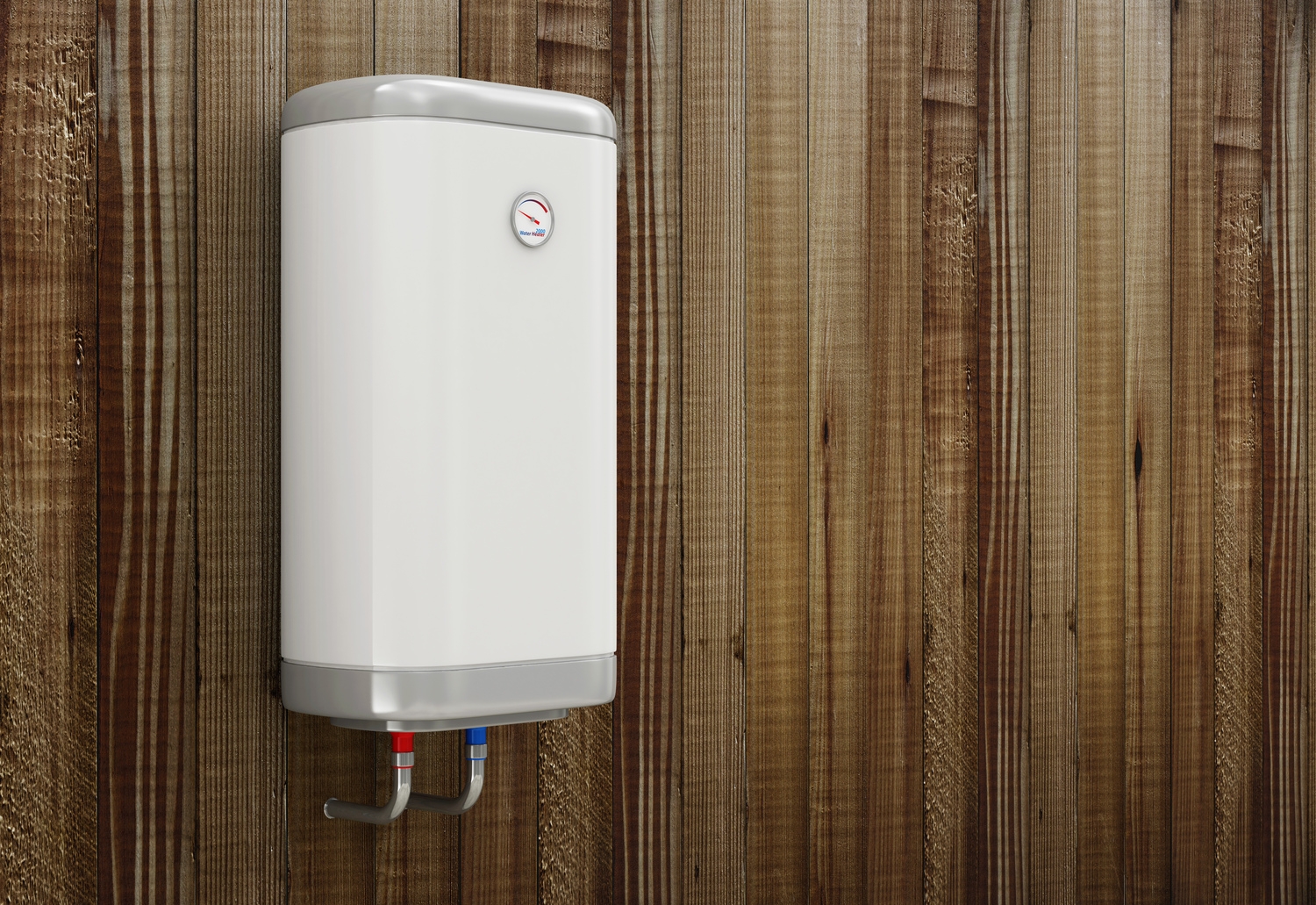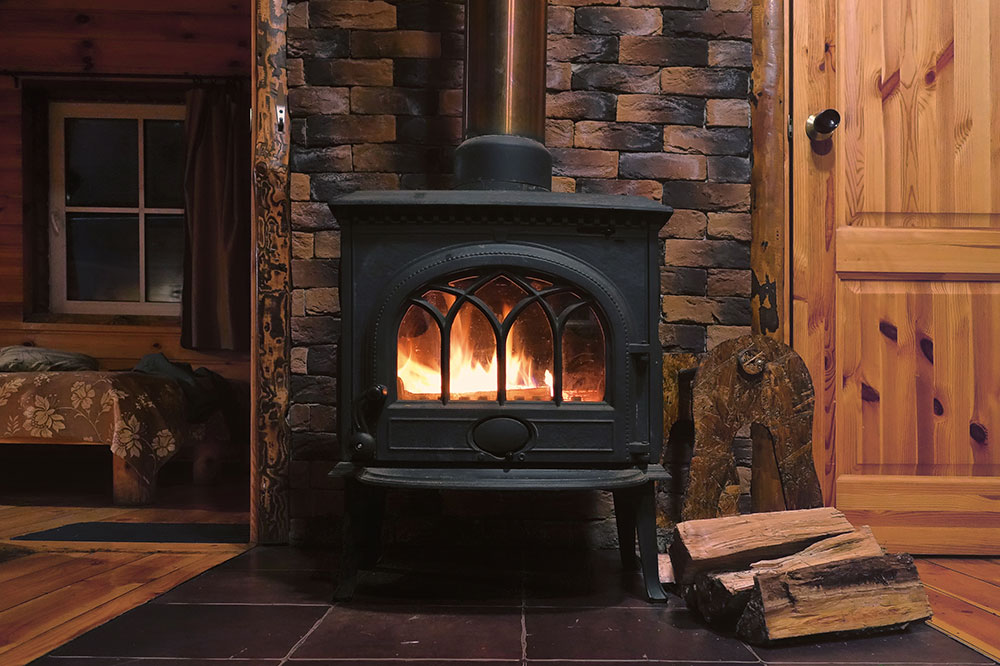Choosing a Heat Pump – Types, Costs, and Buying Tips
Maintaining the right temperature levels in indoor areas is important for occupants to feel comfortable. A heat pump is a good option for providing heating and cooling by transferring cold or hot air from the outside, depending on the weather. Many prefer them over air conditioners because heat pumps also act as heaters when the temperature levels drop. One can make the most of this device by choosing a heat pump of the right type.

Types and costs
There are three types of heat pumps, classified based on the expanses they can power. Before investing in one, it’s best to understand the functions of each type and check out their cost in New Zealand in 2024.
1. Single split heat pump system
This system has single outdoor compressor units connected to an indoor unit. This indoor unit may be mounted on the wall, floor, or ceiling of the room it serves. But this type of heat pump can regulate the temperature levels of only one room, so it may not be suited for large homes or offices with larger requirements. If one installs a single split heat pump for a small living room, the price could range from $2,000 to $2,500. For medium-sized units, one can expect to spend anywhere from $2,500 to $3,500, whereas for a large space, the cost typically ranges between $3,000 and $5,000.
2. Multi-split heat pump system
These heat pumps can regulate the temperature in multiple rooms by connecting the exterior unit to different indoor units based on specific requirements. Multi-split heat pumps are ideal for apartments or offices with up to five indoor units. It is important to note that they are more expensive than single-room heat pumps but highly suitable for midsize homes. That said, they may not be the best options for larger spaces with six units or more or spaces with fewer but larger units. The price of multi-split heat pumps powering two indoor units usually starts at $4,500, while three and four indoor units come at starting prices of $6,000 and $7,000, respectively.
3. Ducted heat pumps
These are large systems ideal for powering entire houses and offices — typically those with many indoor units or really large ones. Essentially, the system circulates warm or cold air through its ducts and tiny vents spread across indoor spaces. If the ducted heat pump is installed to regulate three large-sized rooms, it may cost around $7,750 to $14,500 on average. This amount can vary depending on the size of the rooms and the controls that the system has. For even larger indoor spaces, one can expect to spend at least $25,000, with the amount sometimes exceeding $35,000.
Tips to buy and install a heat pump
1. Consider personal requirements
The first step to buying a heat pump is considering factors such as the number of rooms it must power, the size of each room, and the number of people it should cater to. Such aspects can help one avoid going for the wrong type of heat pump. For example, a single-split heat pump, or sometimes even a multi-split one, may not be able to power a large home or workspace. At the same time, buying a ducted heat pump to power three to four small-sized rooms would be unnecessarily expensive.
2. Compare heat pump system prices
Once one has a fair idea about the area requirements and the ideal type of heat pump, it’s important to research heat pump system prices vis-à-vis the features and quality of each heat pump. It helps to look up products offered by different brands and pick the most affordable ones that offer all the necessary features. The manufacturing company should also be reputed and have positive customer reviews.
3. Find a power-saving heat pump
One’s expenses don’t end with buying and installing a heat pump, as its usage also adds to the monthly electricity bills. So, one should look for a power-saving heat pump to ensure that there isn’t an unmanageable surge in the bill, even if one utilizes the machine for long periods.
4. Consider maintenance and repair costs
Besides looking up the heat pump price list in New Zealand for 2024, one should also consider the maintenance and repair costs that may be involved after buying the appliance. If these expenses aren’t accounted for beforehand, one may eventually face a financial crunch.
5. Find brands that offer good warranty
Financial compensation for any repairs or defects in the heat pump can provide considerable financial relief for customers, especially if problems arise in the initial months following the purchase. Generally, it is best to opt for heat pumps with a warranty period of at least one year, in which all the parts and different types of damages are covered. One should check with the manufacturer in advance regarding the warranty policy and have it documented.




